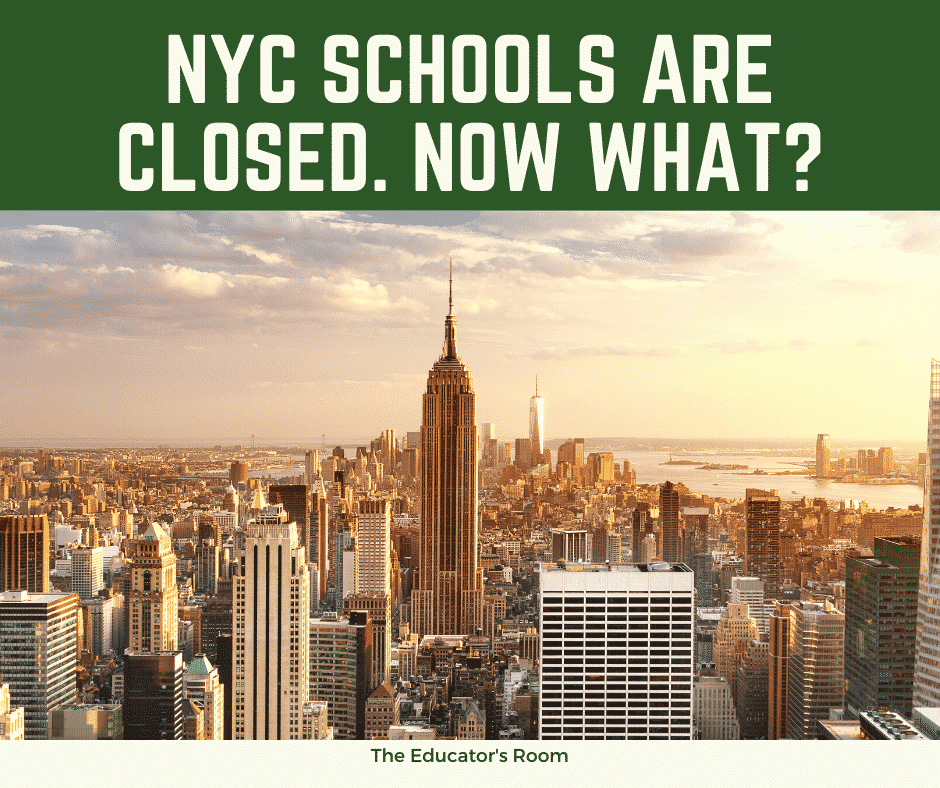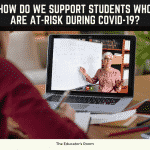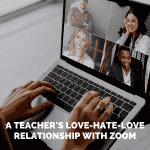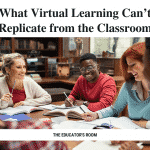We pride ourselves on toughness in New York City. Part of this identity has been the rareness of school closures. Arguing with the mayor about snow days we didn’t get is an annual ritual for New York City public school teachers and families (before climate change at least). So, the decision to close our schools in mid-March to stop the spread of COVID-19 was as dramatic as it was unprecedented. Even as so many of us were begging for it, it was also a blow to our collective persona as a resilient city.
Then Saturday, April 11th, the Mayor announced that the closure would last for the rest of the school year. I was in shock. Then I was sad.
Mayor de Blasio originally dragged his feet to close the schools. A huge number of our students rely on school for food and for social-emotional stability. And the past four weeks of remote learning have shown that these same kids are falling further behind. Like so many resources and opportunities, internet access, tech literacy, and family support are not evenly distributed in our city. This does not come as a surprise to me, or anyone else who lives or teaches in New York City’s Black and Latino neighborhoods.
What has felt shocking and also devastating is losing touch with some students altogether. At this moment, I have not spoken by phone or video with ten of my 33 third graders.
When I relay this to friends and family, they ask why. I try to offer some ideas, but I don’t know for sure. Some numbers are no longer in service, perhaps because families fell behind on a bill. Other families might be unavailable because of work. And others might just be overwhelmed by the compounded health and financial crisis we’re in. Our school, imperfect as it was, represented a lifeline of sorts, and now it feels severed.
As others have noted, this pandemic has exposed and exacerbated the inequities that have long existed in New York City and throughout the United States. There were no good options for the mayor. He could cut tens of thousands of kids off from food security, instruction, and stability or allow the deadly virus to continue its rampage through New York.
So, where do we go from here? For the past four weeks, I have been struggling to balance caring for my own mental health, and fighting to meet the urgency of this crisis. My students deserve quality instruction. In order to serve them, I’ve been trying to get in touch with students who have been “absent” and get a handle on the pedagogy of remote learning. Honestly, some days I felt like the best I could offer was showing up to the Google Hangouts I had scheduled.
This Saturday morning I was discussing the news with a friend on the phone. I was processing it aloud. “I’m going to spend the next week trying to get better at recording and lessons. But, I really have to just figure out how to get in touch — “ My voice broke. The names and faces of the students I haven’t seen in four weeks flooded my mind. And the tears came.
This is the reality of remote teaching that I cannot shake. It feels like I am fighting two very separate battles. I need to learn new tools and techniques to teach effectively online. But I need to find a way to connect with roughly a third of my students who have been “absent” from school for four weeks. Both of these challenges feel incredibly urgent. The fact that schools will not reopen now amplifies that urgency.
Many of my students came into third grade reading at a kindergarten or first-grade level or struggling with foundational math skills like adding and subtracting within 20. Under normal circumstances, the stakes of my work already felt very high. The idea of my students losing any additional learning is heartbreaking and infuriating all at once.
And along with all of that is my grief. The end of the school year always feels bittersweet. You spend a whole year educating and nurturing students, and then you have to say goodbye. That goodbye has always been hard for me. Now that goodbye is gone. I will not see my students again this year. When I think of the students who haven’t connected yet digitally I feel a pit in my stomach. I feel sad for the kids I’ve been teaching online who I won’t get to see in person. I feel panicked for the kids I’m not seeing online whatsoever.
One of the greatest challenges of this pandemic is the uncertainty it forces upon us. As teachers, we feel that uncertainty doubly. How do we learn this new way of teaching? How long will it last? What does it mean to be an effective teacher now? And also, how are my students? What will happen to them the longer this continues? How will we find a way to heal the harm of this trauma?
A larger question is whether we will finally muster the will as a society to address the injustices that this pandemic has magnified. Will we stare this crisis of capitalism and systemic racism in the face, or will we turn a blind eye again?
There are more questions than we can answer. Perhaps we should not even try yet.
But the biggest question on my mind right now is whether the school year is effectively over for too many children in New York City and across this country. For now, I just want to sit with the enormity of it. And grieve what we have lost.






